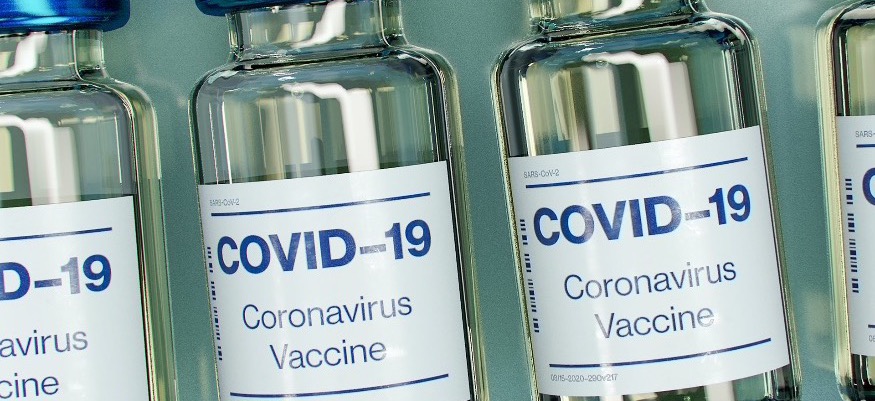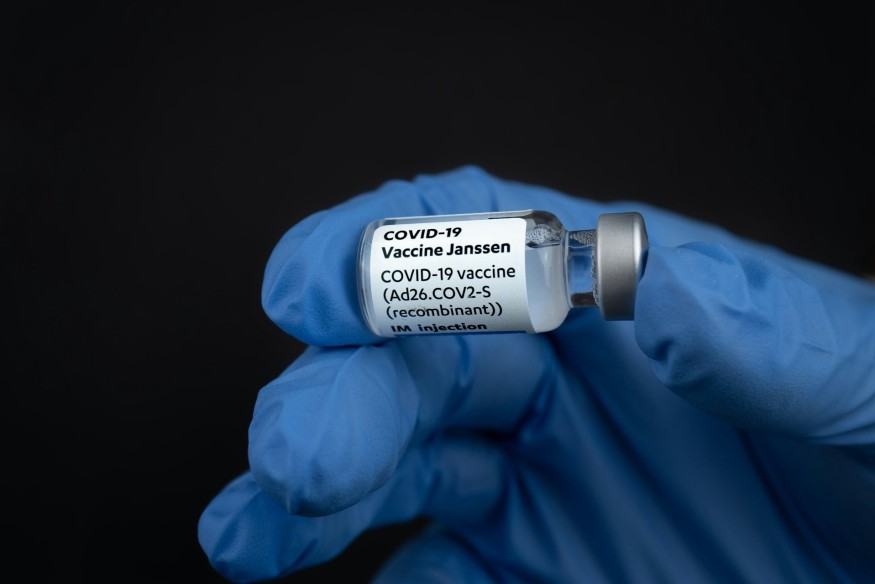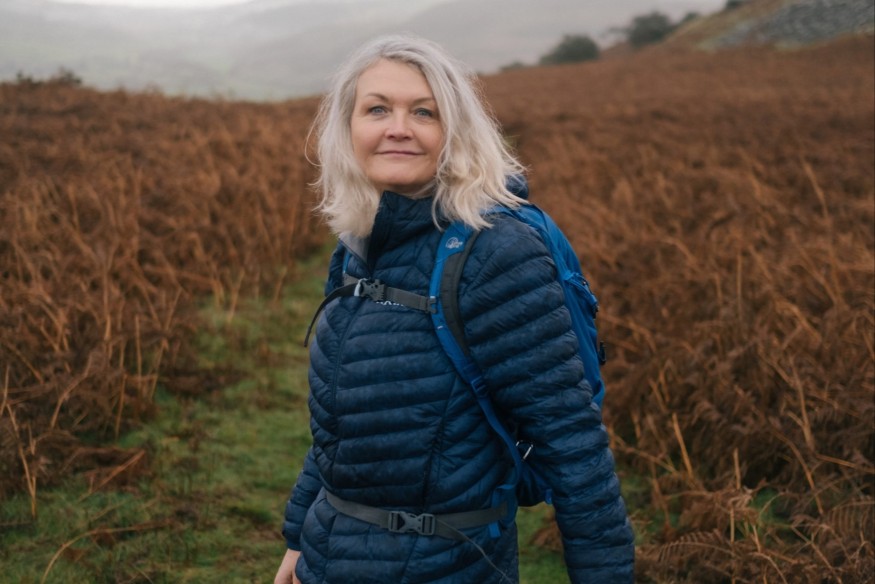
February 18, 2021 - 1575 views
Despite a strong takeup of Covid vaccinations in Wales, there remains inequalities between certain groups versus the broader adult population.
In the latest update from Public Health Wales, it has been reported that older adults in certain ethnic groups and both the most economically disadvantaged and advantaged people in our communities, are more likely not to have taken up the invitation of a vaccination.
Currently 822,633 people in Wales have now received their jab.
The news follows today's Covid-19 report citing 14 deaths and 290 new cases in the past 24 hours. From these 113 were in North Wales.
Local cases include 43 in Flintshire, 21 in Conwy, 19 in Wrexham, 13 in both Denbighshire and Gwynedd and 4 on Anglesey.
Dr Robin Howe, Incident Director for the Novel Coronavirus (COVID-19) outbreak response at Public Health Wales, said:
“Public Health Wales has produced a report analysing inequalities in coverage of COVID-19 vaccination by sex, socioeconomic deprivation and ethnic group.
“Mirroring a trend across the UK the report, which covers the period from 8th December 2020 up to 14th February 2021, highlights emerging inequalities in coverage of COVID-19 vaccination in Wales.
“The report found that the largest inequality in uptake was seen between ethnic groups in adults aged 80+ years. Inequalities were also apparent between adults living in the most and least deprived areas of Wales.
“The full report will be published on the Public Health Wales data dashboard today.
“You can now not travel directly to Wales if you’ve visited or passed through a country where travel to the UK is banned in the last 10 days. These banned countries are often called ‘RED list’ (countries where new variant covid strains have been found). You will only be able to enter Wales from RED list countries via a designated port of entry and isolate for 10 days in a nearby managed quarantine hotel. There are no designated ports of entry in Wales.
“For more information on current guidance go to: https://gov.wales/coronavirus-travel
“Vaccinating the adult population of Wales, to protect people from severe disease, continues at a pace but is a significant task and the vaccine will take time to reach everyone. The effects of the vaccines may not be seen nationally for some time and everyone – including those who have been vaccinated - must continue to follow the advice on keeping Wales safe.
“Although the data currently shows that on an all-Wales level the numbers of cases are reducing and that the incidence is now below 85 cases per 100,000 population, the rates in some areas – particularly in North Wales – are still significantly higher, and there have been small increases in others.
“It is encouraging to see that the numbers of people being treated for Coronavirus in our hospitals is reducing, but there are still a large number of people who are extremely ill, which means that the pressure on services is still very high.
“All of Wales remains in lockdown. We recognise that complying with the restrictions can be challenging, but Coronavirus is still active in our communities and can cause severe illness and death. The reduction in the number of cases does not mean that people can meet people from other households (apart from one person for socially distanced exercise), as this can cause the virus to spread.
“As a nation, we have made so many sacrifices throughout the course of the pandemic that we really don’t want to squander the gains that have been made in recent weeks.
“We encourage everyone, whatever their background, socio-demographic and ethnicity, to have the Coronavirus vaccine when they are offered it. We also stress the importance of seeking information from a trusted source such as Public Health Wales, the Welsh Government, local health board or GP.
“We continue to work to identify and investigate cases of variant Coronavirus in Wales. To date, 17 cases of the South Africa variant have been identified in Wales. Multi-agency investigations continue into three separate cases that do not have clear links to international travel. There are no cases of the variants associated with Brazil.”
“The UK variant of Coronavirus prevalent in many parts of Wales is up to 70 per cent more transmissible, and as reported recently there is evidence which suggests that it may lead to a higher risk of death than the non-variant. Public Health Wales welcomes the recent evidence that the ChadOx1 (AstraZeneca/Oxford Vaccine Group) vaccine is effective against the UK variant.
“We are aware of a number of increasingly sophisticated ‘scam’ emails in circulation claiming to be from the NHS which purport to offer appointments for vaccination. Coronavirus vaccines currently can’t be bought privately in the UK. Do not share any of your personal information. Correspondence will only come from your health board and your vaccination will be free.
“Under current UK Coronavirus restrictions, you must stay at home. You must not leave home or travel, including internationally, unless you have a legally permitted reason to do so.
“If you are due to travel out of the UK, please be aware of the changing situation and keep an eye on the Foreign Commonwealth Office (FCO) website for up to date details.
“If you or a member of your household develop a cough, fever or change in sense of taste or smell, you must self-isolate immediately and book a free Coronavirus test, either by calling 119 or by visiting www.gov.wales/getting-tested-coronavirus-covid-19.”








